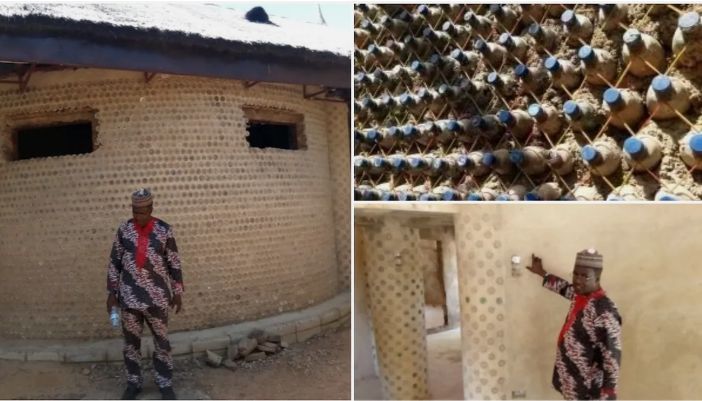“The development and humanitarian services at the EU delegation in Uganda have joined forces and identified disaster preparedness and natural resources management as relevant areas for collaboration to operationalise the humanitarian nexus in Uganda through concrete interventions,” she said.
She also noted that the two projects are part of a larger regional programme titled Comprehensive Refugee Response Framework (CRRF) Direct Displacement responses through regional cooperation and technical exchange.
The Programme provides a combination of interventions at the country level. Coupled with a regional component and its geographical focus is Rwanda, Uganda, Burundi, Tanzania and the Democratic Republic of Congo (DRC).
“The interventions at the country level aim at strengthening preparedness and responses to current and future conflict-induced displacement. By focusing on key areas of potential long-term stress or negative impact on local systems such as natural resource management,” she said.
Oxfam Uganda’s country director, Mr Francis Odokorach said they will ensure that there is a reduction in forest exploitation and restoration of natural resource management activities.
He also said that the actions will improve environmental governance through advocacy, environmental education and influencing.
“We shall achieve this by building on the currently running waste to value innovations projects. Like turning faecal waste into energy briquettes, building the capacity of local actors and district staff. And most importantly, through interagency coordination,” he said.
However, he asked the government to come up with a systematic development and application of existing policies and practices. This is to reduce vulnerabilities and disaster risks to minimize the impacts of disasters on people’s lives and Uganda’s soci0-economic development.
Care International in Uganda country director Mr Apollo Gabazira said: “This project will enable Care Uganda to make strides towards fulfilling the target of building the resilience to climate change of 500,000 poor and vulnerable people [60 percent of them women] by 2025”.
The state minister for Local Government, Ms Jennifer Namuyangu also added that the government has extensively trained district local leaders to sensitise community members on how to conserve the environment.
“Our officers at the Local Government level have been trained on disaster risk management. We will continue doing so because the impacts of climate change are disastrous. We will continue building their capacity because they are our representatives at the local level. This is where most activities of environmental degradation take place,” she said.
Source: Daily Monitor.
Check Also;

 Newslex Point News in Uganda, Uganda news
Newslex Point News in Uganda, Uganda news












